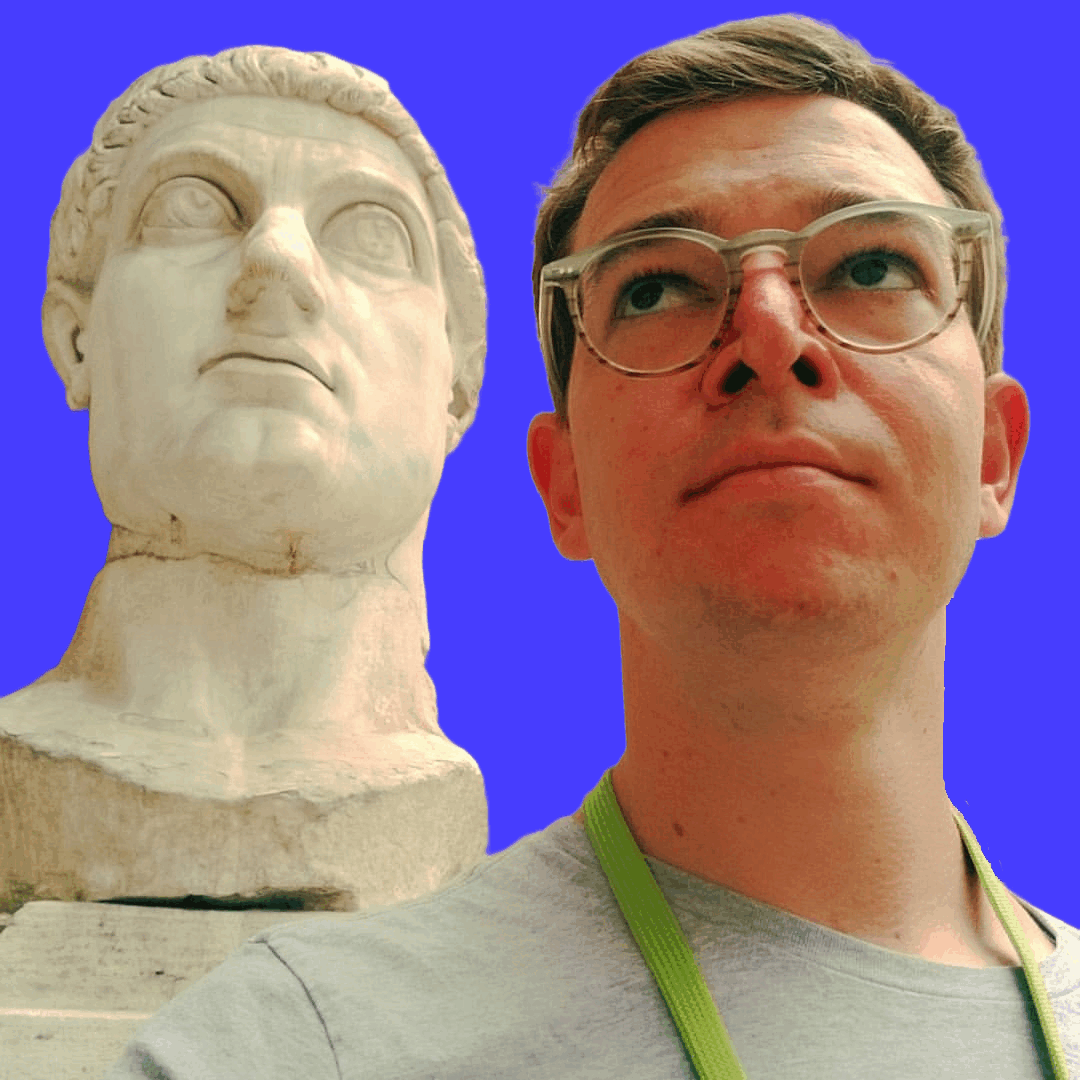
About Me
I am an assistant professor teaching environmental humanities at the Chinese University of Hong Kong - Shenzhen. My goal is to develop the first degree-granting environmental humanities undergraduate program in East Asia. I am also Warden of Muse College, one of seven residential dormitories at CUHK-SZ, where I and a team of 10 tutors keep watch over a community of 400+ undergraduates. I received my PhD in American Studies from Harvard University in 2019 and was the postdoctoral fellow from 2020-2022 at the Center for Religion and the Human at Indiana University, Bloomington. Though formally trained in literature and art history, I like to call myself a chronocritic because my research has pushed me towards a fascination with the nature of time. Following this interest, I've branched out into Anthropocene studies, extinction, posthumanism, ethics, and normative conceptions about the end of the world.
My interest in temporality derives from a sense of my own mortality, or the very real mental illness—not yet DSM cataloged—known as FoMO ("Fear of Missing Out" or, "the-grass-is-always-greener" syndrome), which is, arguably, a type of temporal anxiety characterized by the feeling that one is at the wrong time, or not at the most-right time, given all the possibilities. Ethics, in the temporal sense, is a matter of filling one's time well, what Paul Chan describes as "making good on the task of fully inhabiting one's own demise," such that, at any given moment (everywhen), one strives to achieve a sense that one ought not to be elsewhere, or otherwhile.
I believe that what people assume as their operating temporal metaphor fundamentally shapes their worldview, how they treat people around them, how they treat the world around them, their—in a word—ethics. These temporal metaphors are often underexamined, if not entirely overlooked. Expanding this topic from the individual to the scope of the cultural is the subject of my book project, Ozymandias in the Anthropocene, which examines public works of public art that reckon with the anxious, looming, ever more present, Anthropocene end of the world.
In the words of Arthur C. Clarke:
“The future isn’t what it used to be.”
Career
2023 - present
Assistant Professor of Humanities (Teaching)
Chinese University of Hong Kong, Shenzhen
School of Humanities and Social Sciences
2020 - 2022
Postdoctoral Fellow
The Center for Religion and the Human
Indiana University, Bloomington
2020 - present
Instructor
Harvard University
Division of Continuing Education
Education
2012-2019
PhD - American Studies
Harvard Graduate School of Arts & Sciences
2012-2015
Masters - English
Harvard Graduate School of Arts & Sciences
2006-2011
BA - English, Art History
Vassar College
Book Project
Ozymandias in the Anthropocene: American Monuments for the End of the World
Abstract: This book is about Anthropocene monumentality. The title alludes to Percy Shelley’s poem and invokes the idea of looking at American Culture from the perspective of denizens of the deep future. What sorts of public monuments grapple with the existential threats of extinction, global warming, nuclear war, and the myriad potential ends of the world? In other words: what does it mean for public art to reckon with the anxious, looming, ever more present, Anthropocene end of the world?